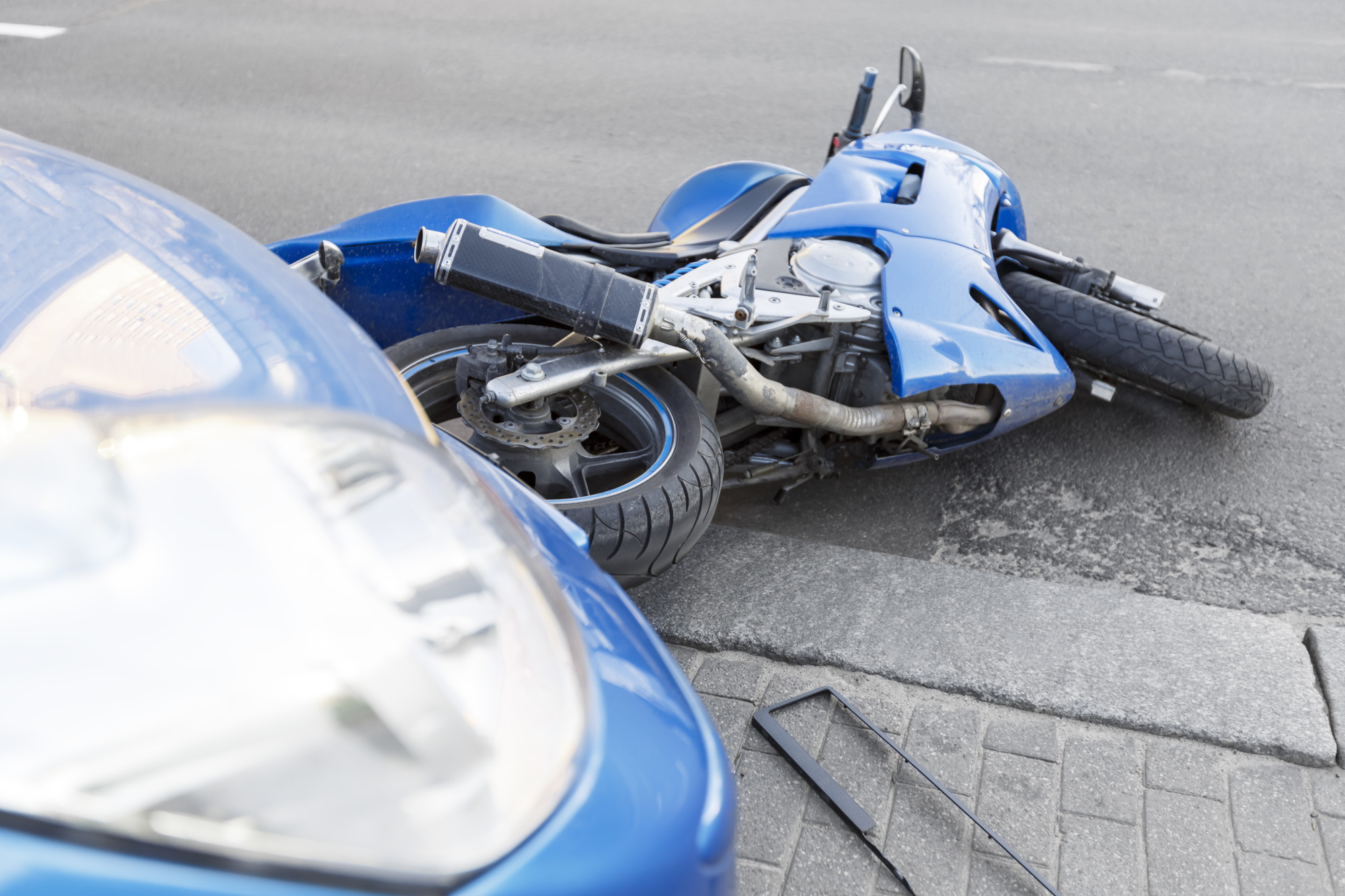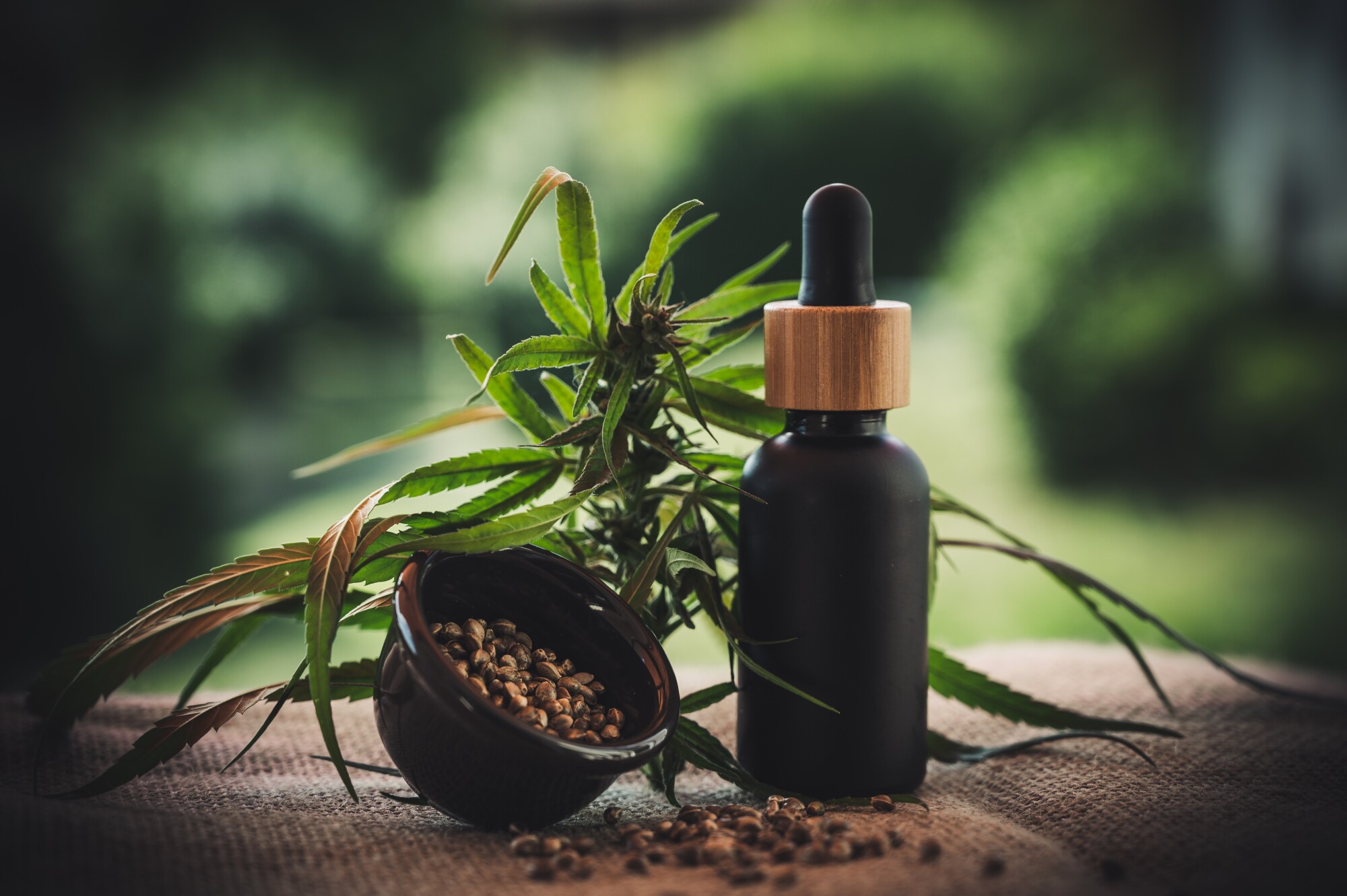In 2010, a bronze Lincoln penny dating from 1943 sold at auction for a staggering $1.7 million. The point is, some rare and sought after coins are worth far more than the value stamped on them.
This is why numismatology, or the collection and study of coins, has become such a popular past time.
If you are new to this hobby you may have some questions. Many budding numismatists wonder: “Can you clean your coins without losing value?”
This guide will shed some light on the coin community’s stance on cleaning, the retention of value, and some cleaning methods.
Should You Clean Your Coins?
I’m afraid to break it to you, but most numismatists believe that you should not clean your valuable coins.
The reason being is most rare coins are very old. Some of the things that make these treasures stand out are the materials in the coins, a misprinting of text, or a minuscule detail that sets them apart.
Unless you are a professional at coin restoration, you run the risk of damaging the coins. If the face of the coin is damaged in the cleaning process, the uniqueness of the coin is at risk.
Can You Clean Coins Without Losing Value?
Cleaning a rare coin can decrease the value for a couple of reasons.
As before mentioned, you risk damaging the coin. Secondly, purveyors of coins prefer the patina that has built up on the coin from many years of oxidation.
As such, a clean coin will fetch a much lower price.
However, it’s possible that you are not planning on cleaning a $1.7 million dollar penny. You may instead be interested in cleaning coins that are not rare.
Take a peek at challenge coins, non-currency coins, or pocket change. The value of these types of coins won’t suffer from cleaning.
With that in mind, let’s look at some cleaning processes.
How Can You Clean Coins?
There are two main types of coin cleaning: abrasive and non-abrasive. Decide how you want it to look and choose accordingly. Regardless of how you decide, practice on valueless coins first.
Abrasive
This style of cleaning involves removing some amount of metal on the surface of the coins. As the name suggests, it is a severe option.
There are acidic dips on the market to remove the grime from your coins. The product will eat away at the oxidation on the coin. It will give the coin a shiny finish, but the acidic qualities can be dangerous. Be sure to practice before dipping precious coins.
Another abrasive technique is using a Dremel tool with a wire brush on your coins. This will return them to a nice factory luster.
Non-Abrasive
A warm distilled water bath is the most gentle way to clean your coins. This method should clean some of the grime without damaging the surfaces.
Another possibility is cleaning the coin in a bowl of denatured alcohol. Dip the coin in the solution then wipe it off carefully. The result is better than a water bath, but the risk of damage is higher.
In any case, before you clean your coins, think about the potential drawbacks. If you are sure you want shiny coins, be careful and gentle.
Coin Questions Answered
Can you clean coins without losing value? Well, for the new numismatists, this article should have provided some insight into what to consider if you want to clean your coins.
For more answered questions, stick around the blog.

